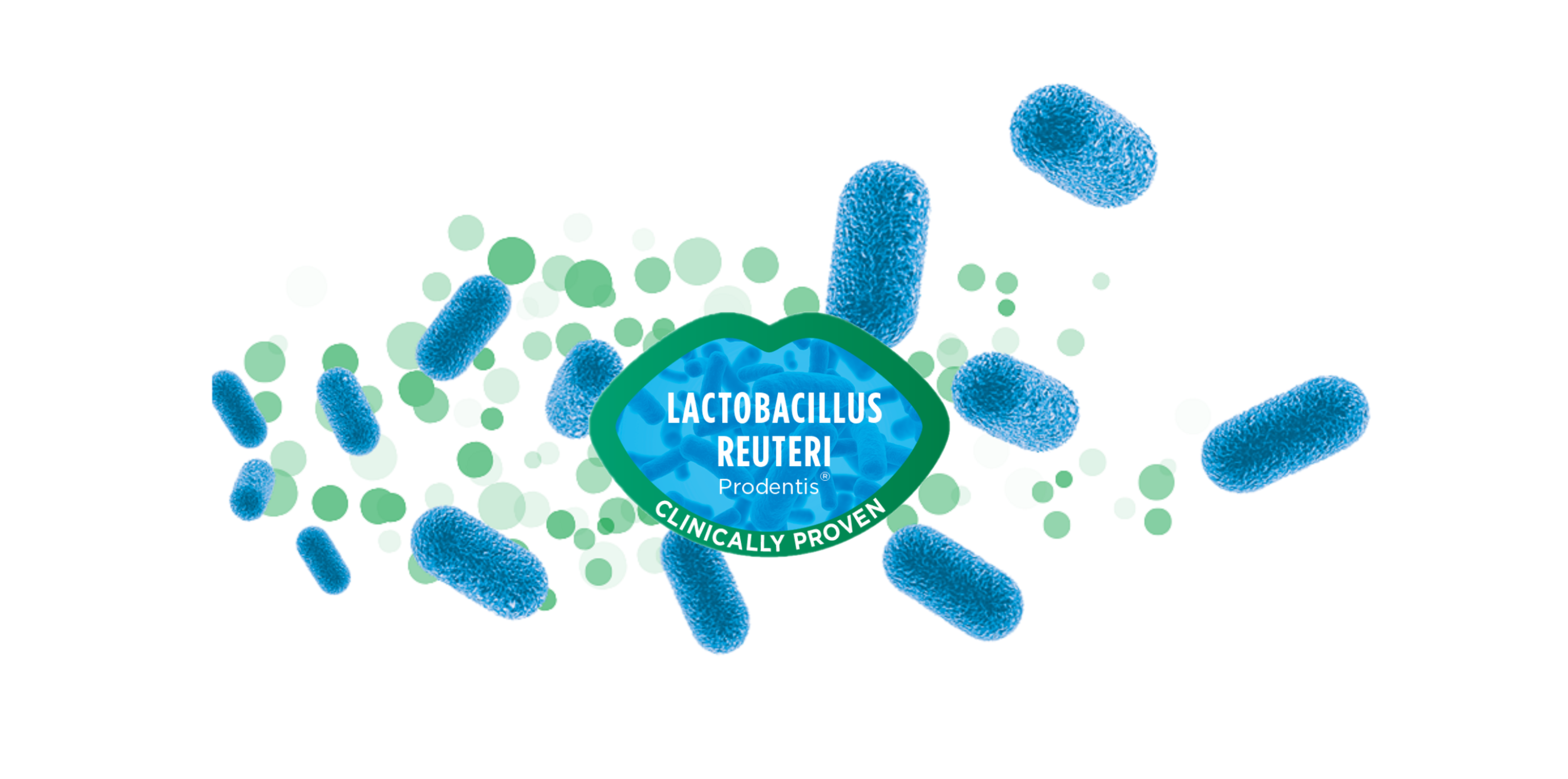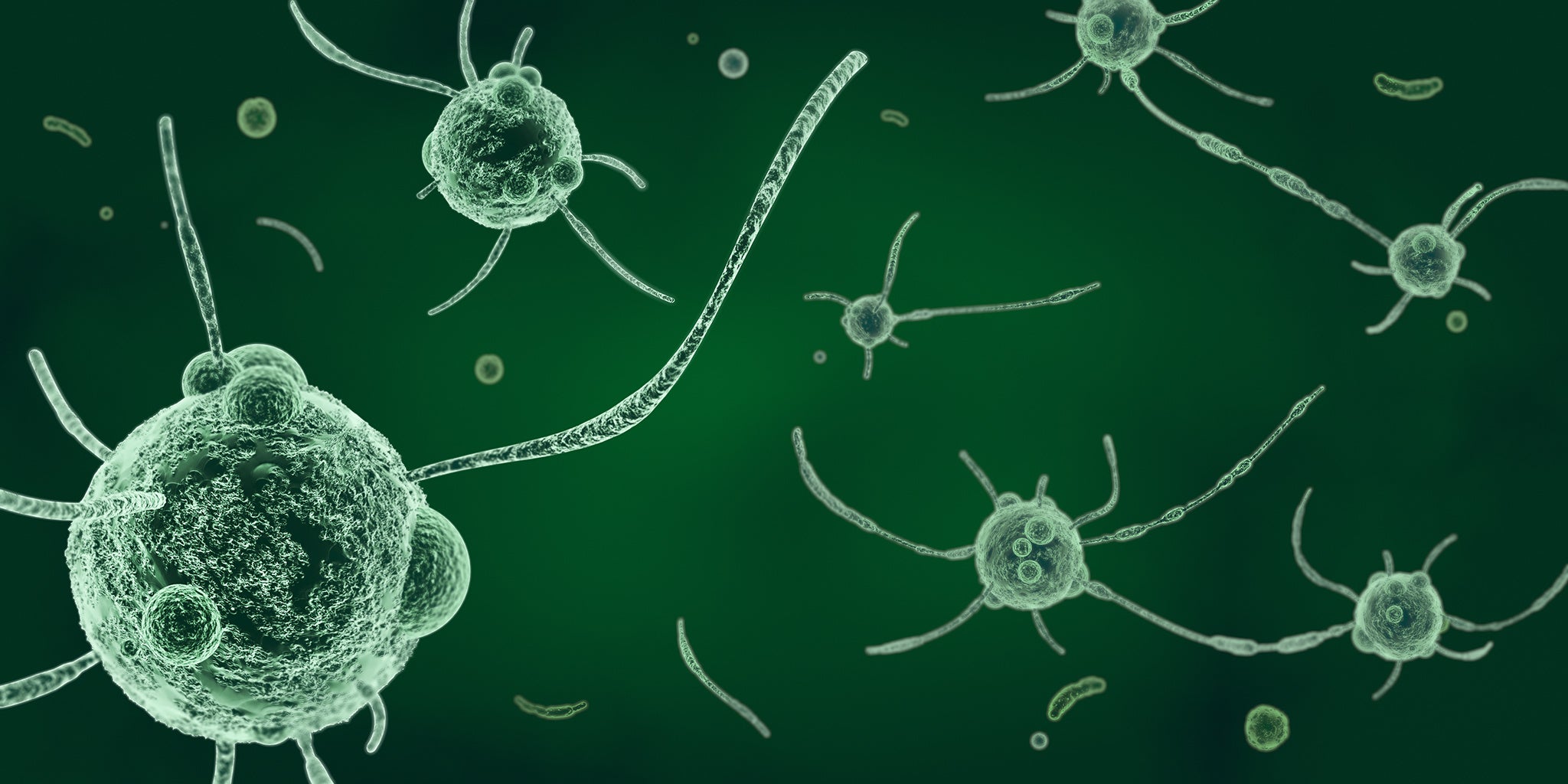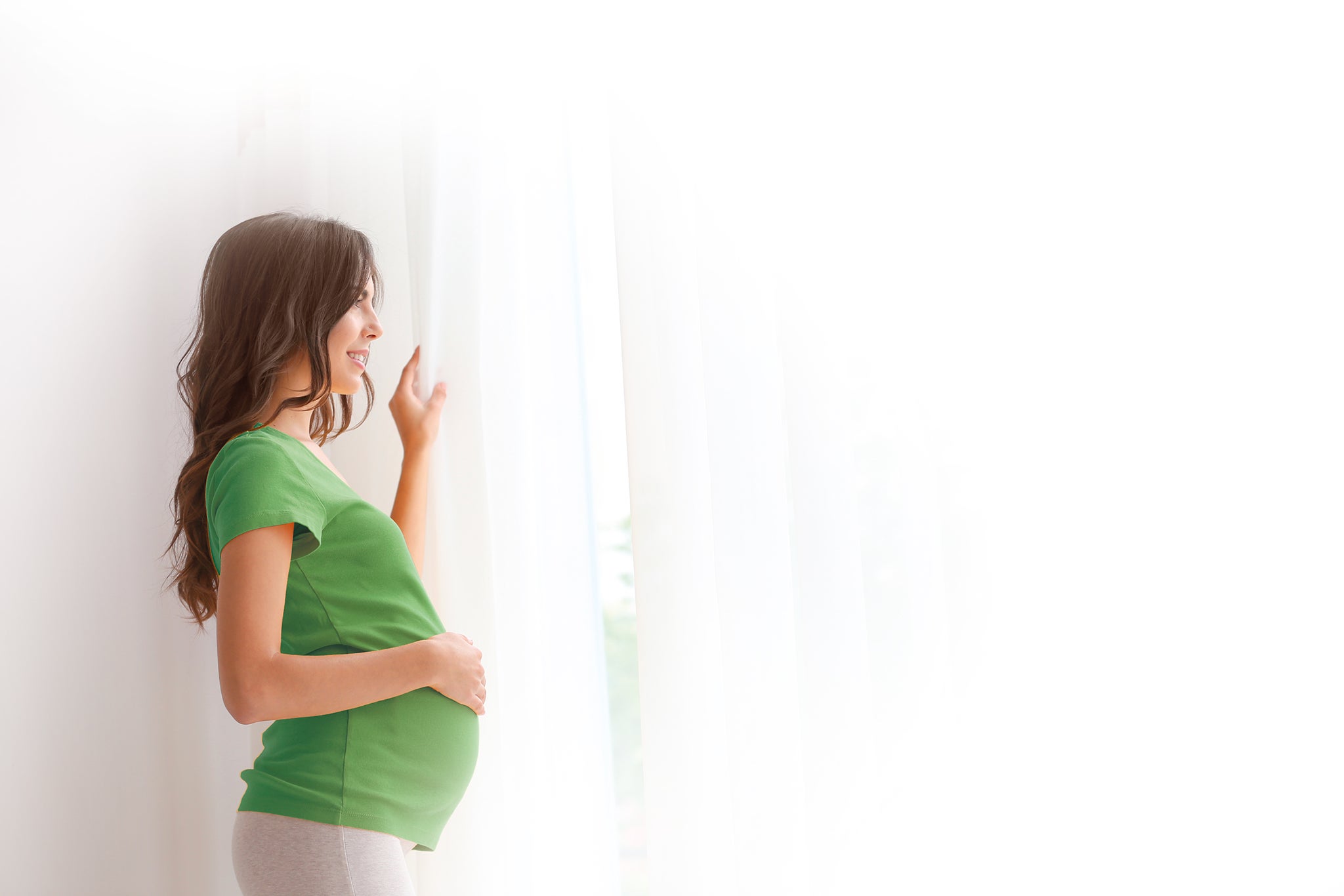
Probiotics and Their Use in Peri-Implant Mucositis
Forty-two percent of the population over the age of 65 is totally edentulous. The use of dental implants as a means of treating patients has accelerated over the last decade, with 100-300’000 dental implants placed each year in the USA alone and a prevalence of more than ten million implants in Germany.
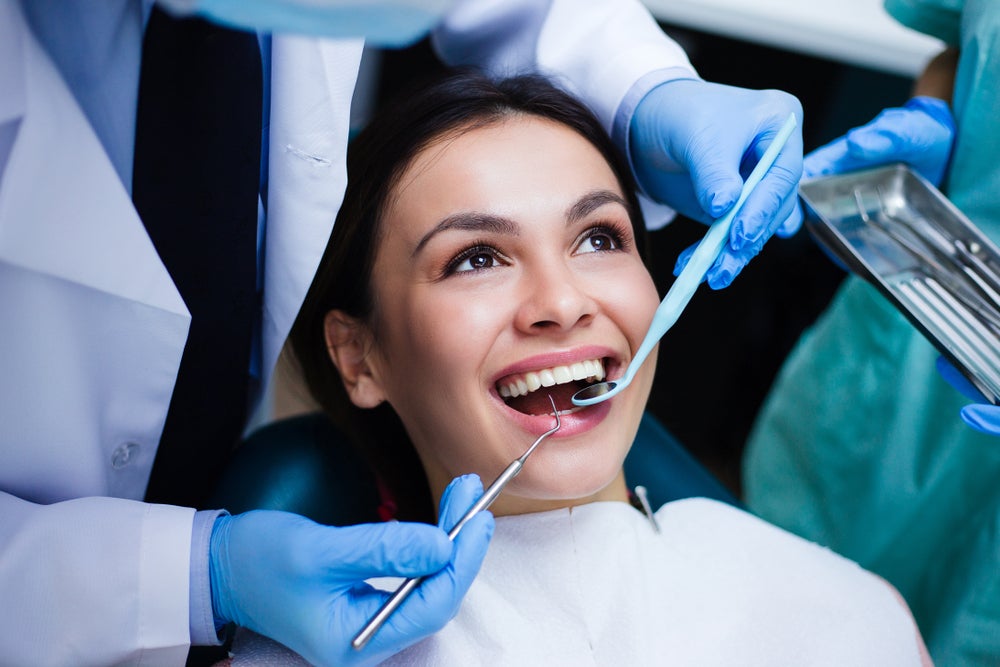
The implants can be difficult for patients to clean, and the anatomical conditions mean that even small accumulations of plaque can cause inflammation.
Probiotics create a biofilm and protect the oral tissues against the action of periodontal pathogenic bacteria.
Can they also help with peri-implant mucositis?
Promising trials results in peri-implant mucositis
Two highly promising studies have been published on this subject, which show that the use of probiotic lozenges alone results in a significant improvement in clinical parameters.
In a double-blind, placebo-controlled, study undertaken at the University of Valencia in Spain, Flichy, F. et al. showed that patients with peri-implant mucositis achieved a significant improvement in clinical parameters after only 30 days of taking the lozenges. Another exciting finding in this study is that improvements were also recorded in the group without mucositis. The authors therefore conclude that Lactobacillus reuteri Prodentis can be used in both the treatment and prophylaxis of peri-implant mucositis.
Another interesting study carried out at the University of Würzburg in Germany shows that peri-implant mucositis can be treated solely by taking Lactobacillus reuteri Prodentis lozenges [1]. After three months, no exploratory bleeding was detected in 45% of affected implants - without professional dressing removal or oral hygiene instruction.
In conclusion, it is clear that probiotic administration may be regarded as a good alternative for both the treatment of peri-implant mucositis and its prevention.
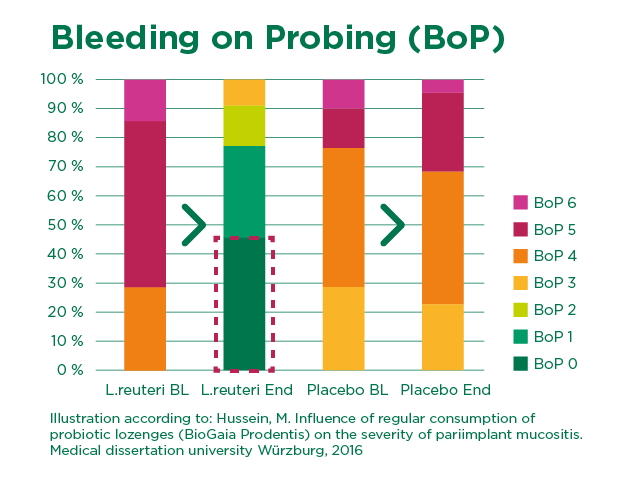
[1] Hussein, M. Einfluss des regelmäßigen Verzehrs von probiotischen Lutschtabletten (BioGaia Prodentis) auf die Ausprägung Periimplantärer Mukositis. Medical dissertation, University of Würzburg, 2016.



